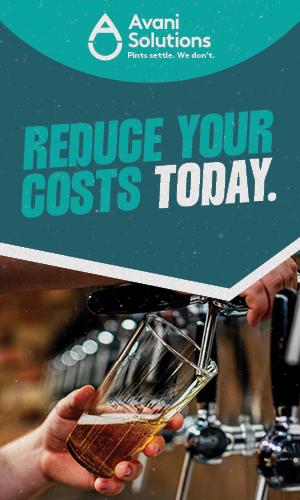Yesterday members of Footprint Forum gathered at Fruit Towers, kindly hosted by innocent drinks, to discuss the part foodservice can play in the solution to food poverty and food redistribution.
As ever the Forum was a platform for lively debate, key insight and conclusive actions.
Innocent’s own Kate Franks and Leonie Straatman opened the session addressing the processes they implemented from standing at zero to redistributing over a million portions of fruit to date. Innocent’s experience showed that barriers to redistribution were inefficient processes, no resource, cost, limited capacity and short shelf life. They addressed these by means of consulting and tweaking their own processes, employee engagement by encouragement of leadership, on-boarding partners, spreading their bets by means of working with multiple charities and cutting their losses by ‘calling’ waste early. The Q&A ended on the very powerful point that “Not supporting food redistribution charities will become a reputational risk to organisations in foodservice very soon.”
The first panel debated whether food waste is a solution to food poverty and how the one could be the solution to the other or indeed whether each needs to be dealt with in isolation. Dan Crossley, executive director of the Food Ethics Councils argued that one definitively could not be the solution to the other, whilst Professor Martin Caraher made the point that food banks were undermining the welfare system and that the living wage was the only answer to food poverty. Philip Verey made a compelling case for the role technology and big data had to play in leveraging the issues of both food waste and food poverty.
Lindsay Boswell, CEO of FareShare upped the ante in the discussion and set the scene not just of the importance of funding but of skill share and how much the foodservice industry can offer in terms of education in handling food and making the most of it. Support from the foodservice sector is up by 15% and this growth, with continued and increased support is set to continue. Lindsay’s talk ended with the powerful point: “AD is a wonderful thing, it’s alchemy but if food that can be eaten enters the AD process, it’s a crime not to feed people with it.” He encouraged more foodservice businesses to step forward and engage with FareShare.
Hugh Jones from WRAP, Tessa Cook founder of OLIO, Leonie Straatman and Pret’s Juanita Cracciolo addressed the realities of food redistribution in the second panel discussion and looked at simple ways to implement a food redistribution strategy. Juanita argued that whilst it is an expensive process the benefits certainly can be realised quickly. Hugh Jones said that it’s easier for the industry to distribute money than it is to redistribute food but pushed the point that foodservice should embrace the challenge and make most of the knowledge and resources out there to implement their own processes.
If you missed yesterday’s Footprint Forum, the report and film of the day will be available on Footprint shortly.
Members of Footprint Forum will be convening 24th of October 15.00 – 17.00 followed by networking at the Soho Hotel to debate the Future of Farm Animal Welfare in association with McDonald’s. REGISTER HERE










